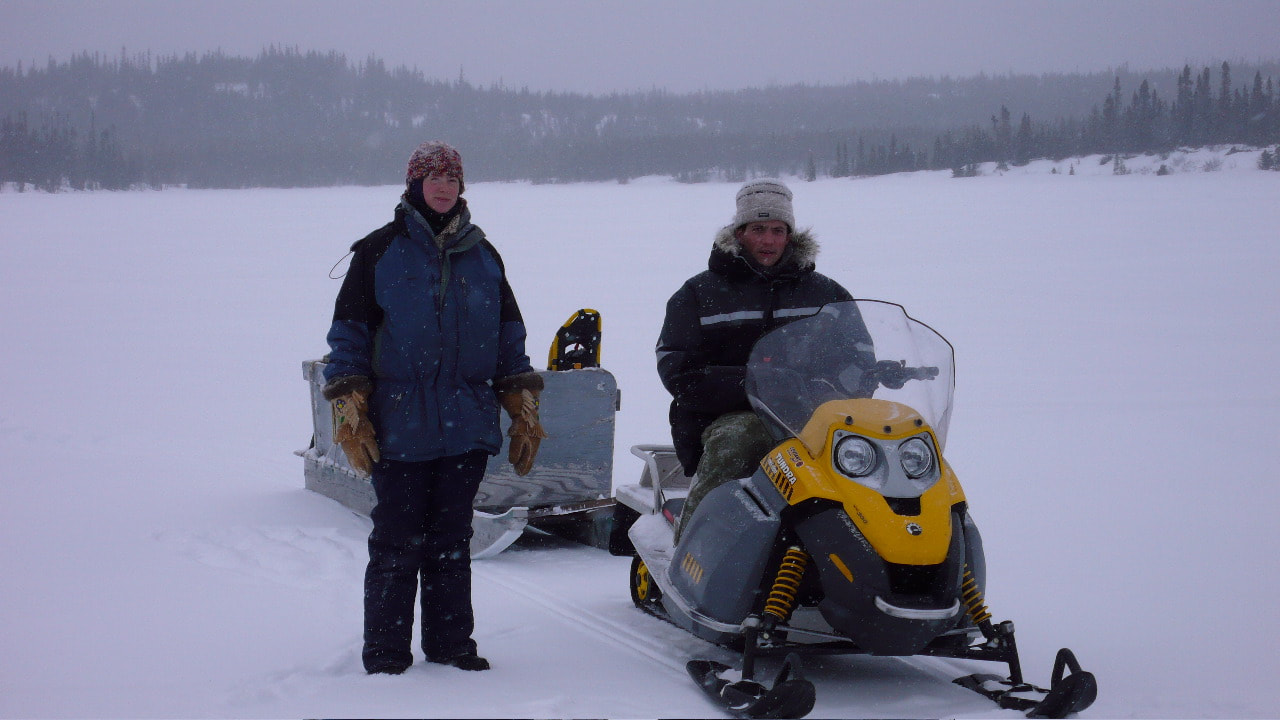Murray Humphries
|
Research Interests |
We believe that understanding the ecological implications of processes by which animals acquire and assimilate energy from the environment, and allocate assimilated energy between maintenance, growth, and reproduction, ultimately requires field studies that integrate measures of energy supply and expenditure, under known environmental conditions, and in situations where behaviour, reproduction, and survival can be documented. We try better understanding, predicting and monitoring environmental change impacts on northern wildlife and traditional food security in Canada by working with many northern partners, including federal and provincial governments, private corporations, and indigenous organizations, to design and implement locally relevant research at the interface of scientific and traditional ecological knowledge. |
Current Research |
1) Wildlife Biologging Across Space and Time We aim to capitalize on recent advances in biologging tools to advance knowledge regarding the role of physiology and behaviour in shaping the abundance, distribution and coexistence of wildlife populations across environmental gradients. We use different biologging techniques, including external tags, trail cameras, tissue analysis, acoustics, etc., to monitor movement, activity, and energetic of various wildlife species across different landscapes, from the boreal forest of southwestern Yukon to the coastal waters of Baffin Island. 2) Environmental Change, Wildlife & Traditional Food Security In collaboration with northern partners and indigenous communities, we are interested in understanding, predicting and monitoring impacts of environmental change on traditionally harvested wildlife species. Our approach combines community-based participatory research with studies of climatic and environmental determinants of the distribution and abundance of traditional food and furbearing species. |
Publications |
Representative Publications
Click here to view a list of current publications |



